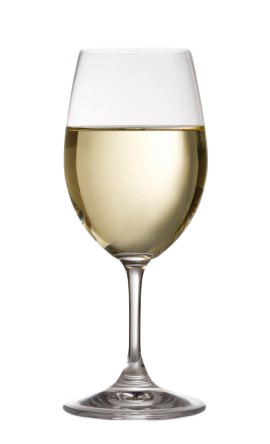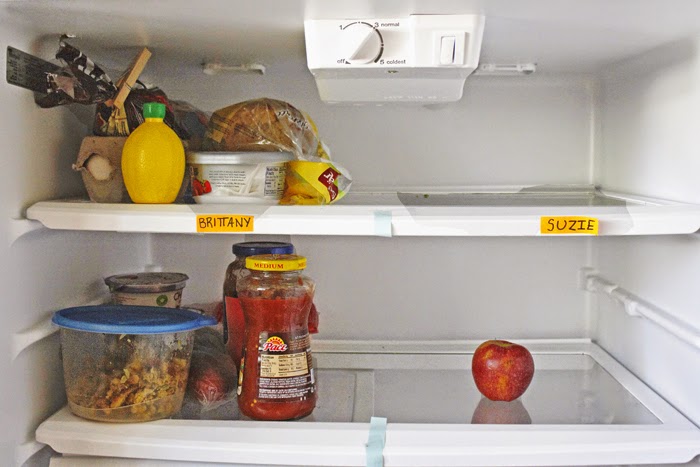
Party goers may find themselves turned away from Devon bars and clubs this
Christmas as police launch a new campaign to tackle alcohol
related crime.
The #RU2drunk scheme will see bouncers posted on doors at popular venues in
Torquay. The bouncers will breathalyse any customers they think may be too drunk to gain
entry.
The joint campaign by police and licensees will run at 23
of the resorts busiest pubs, clubs and bars and Police and Crime
Commissioner, Tony Hogg, said he was “delighted” to see traders united
in taking action on the issue.
“The impact of alcohol related crime on our communities and public services is not sustainable, If we are to address this issue we need everyone to play their part; public services, communities, licensees and drinkers. Drinkers
need to realise there are immediate consequences of getting too drunk
on a night out. Drink too much, too early and your night out may never
get started.”
The force said that around 20% of all violent crime in the
seaside town was attributable to the evening and night time economy and
the majority of these offenses happen in the harbor side area.
They
have already increased patrols in the area, but said they now want to
work more closely with licensees who identify “pre–loading” as one of
the biggest contributors to the problem.
Each premises involved in the breathalyser pilot will
decide if they want to set a limit, but anyone giving a high reading may
be refused entry.
Door staff have been trained by police to use breath boxes normally used for roadside tests.
A similar scheme was trialled last winter in Norwich.
Figures revealed a 32% reduction in violence and sexual violence offenses and a 66% reduction in drunk and disorderly arrests.
Around
95% of the businesses who took part said they would recommend it as a
method of combating alcohol related violence, and it has now been
adopted on a permanent basis.
Force lead, Chief Inspector Neil Ralph, stressed that the new scheme was not being introduced “to ban fun”.
“This pilot is to keep Torquay safe so everyone can have an enjoyable evening, free from trouble,” he said.
“In December we usually see an increase in alcohol related
crime and we hope the ‘breathalyse on entry’ pilot will be an effective
tool in reducing this.
“Trials
in other parts of the country have seen a decrease in alcohol related
offending, contributing towards safer evening and night time economies.”
He also praised venues for their support with the campaign:
“It demonstrates a commendable attitude to making what is already a
safe environment even safer.”
Results from the pilot will be analysed by a team from the University of Exeter.




















